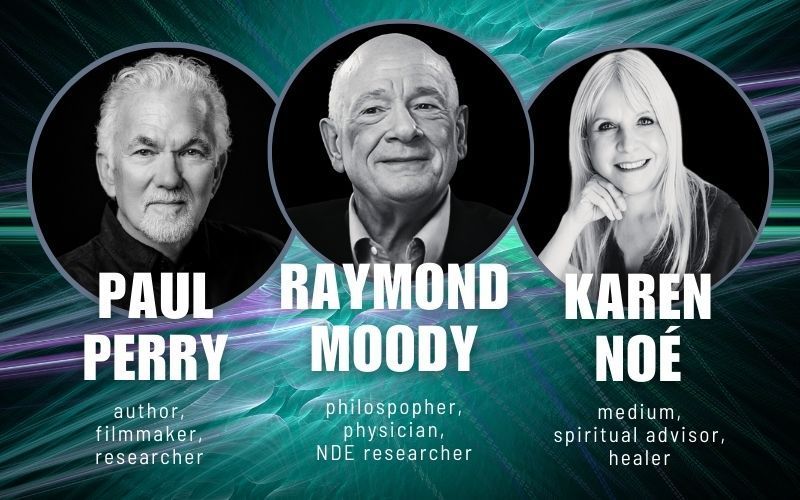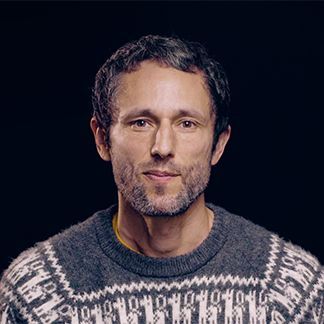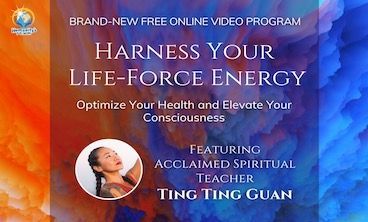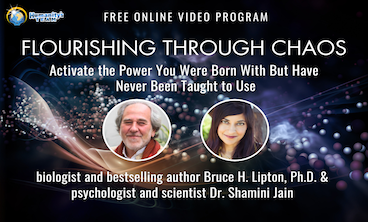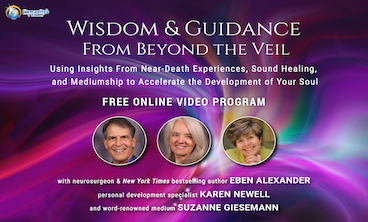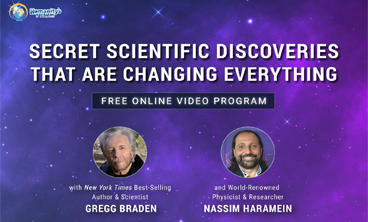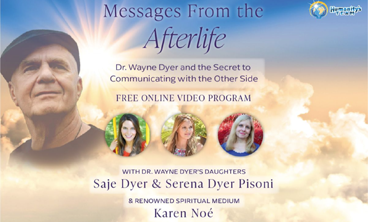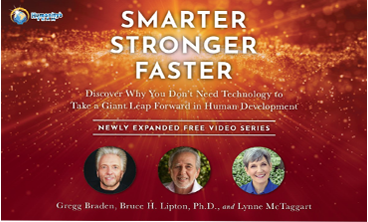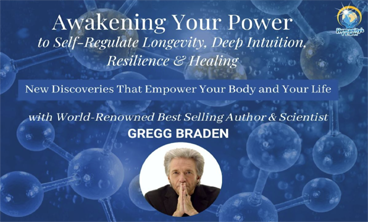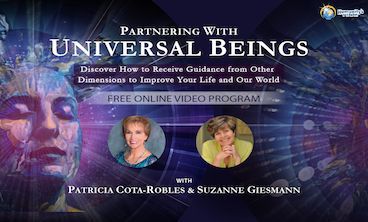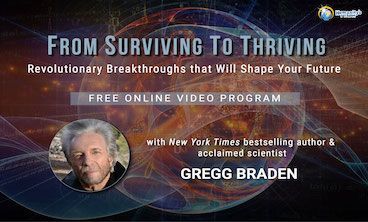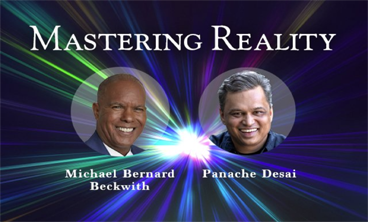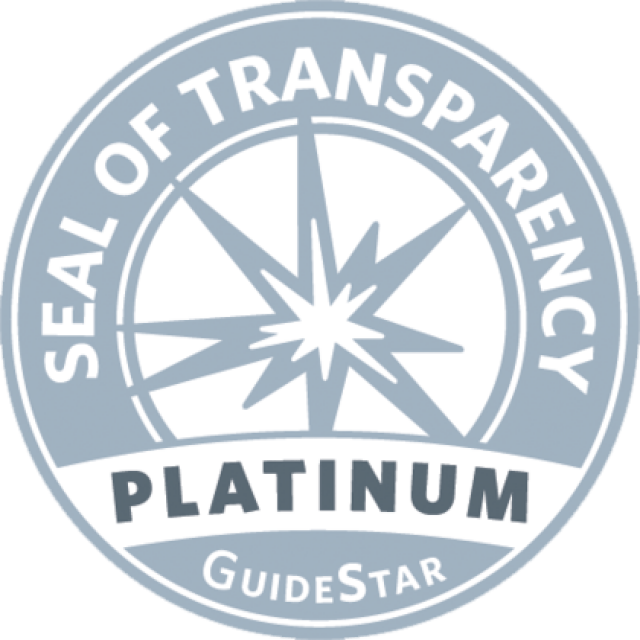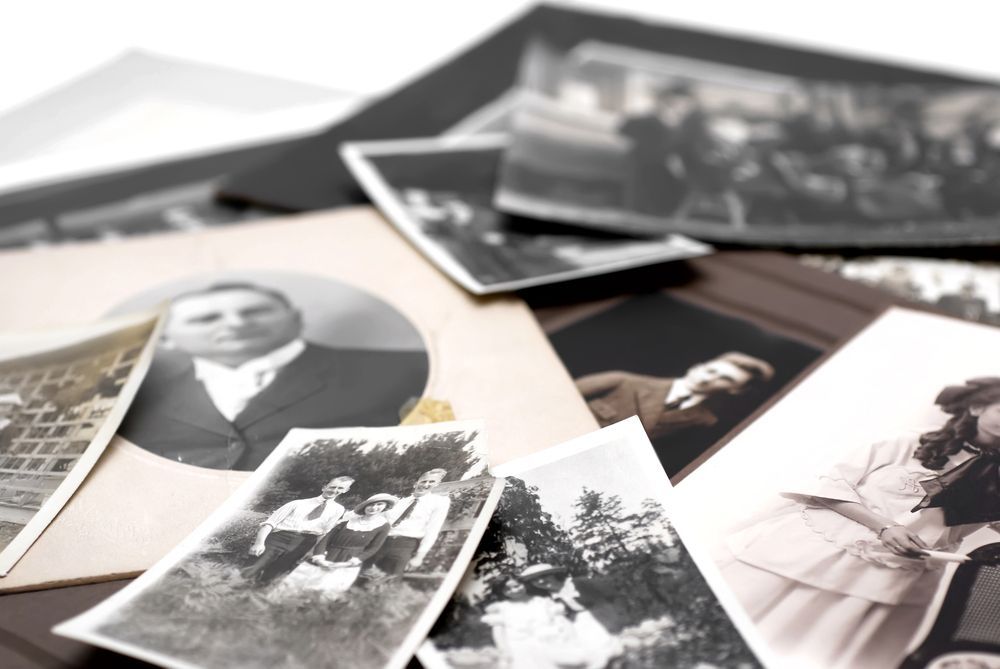
Breaking the Cycle: How to Heal Ancestral Trauma
Breaking the cycle of ancestral trauma is a crucial step towards healing ourselves and future generations. The impact of our ancestors' traumas can be passed down through generations, affecting our mental and physical health, relationships, and overall well-being. But the good news is that healing is possible. By acknowledging and processing our ancestral traumas, we can break the cycle and create a better future for ourselves and our loved ones. In this article, we will explore the concept of ancestral trauma, its effects, and practical steps that we can take to heal and move forward. Whether you're just starting to explore this topic or have been on a healing journey for some time, this article will provide you with valuable insights and tools to help you break the cycle of ancestral trauma and create a brighter future.
Understanding Ancestral Trauma
Ancestral trauma refers to the emotional and psychological wounds passed down from previous generations to the present. These traumas can originate from experiences such as war, persecution, displacement, slavery, or other forms of collective suffering. When left unhealed, ancestral trauma can manifest as unresolved grief, fear, anxiety, or a general sense of disconnection. It is important to acknowledge that these traumas are not our own, but rather a legacy that we inherit.
The Impact of Ancestral Trauma on Individuals and Communities
Ancestral trauma has a profound impact on individuals and communities alike. It can manifest as recurring patterns of behavior, relationship difficulties, chronic physical ailments, or a sense of being stuck in life. Unresolved ancestral traumas can create a cycle of suffering that passes from one generation to the next, perpetuating the same patterns of pain and dysfunction. By understanding the impact of ancestral trauma, we gain insight into our own struggles and the challenges faced by our families and communities.
How Ancestral Trauma is Passed Down Through Generations
Ancestral trauma can be transmitted through epigenetic changes, cultural conditioning, and the stories and beliefs handed down within families. Recent research in the field of epigenetics has shown that traumatic experiences can leave a biological imprint on our genes, which can be passed onto future generations. This means that the effects of ancestral trauma can be felt even if the direct traumatic event did not happen to us personally. Additionally, cultural norms, beliefs, and behaviors influenced by ancestral trauma can be internalized and perpetuated unconsciously, further perpetuating the cycle.
Signs that ancestral trauma may be affecting you
Recognizing the signs that ancestral trauma may be affecting you is an important step towards healing. If you notice any of these signs, it may be worth exploring the possibility of ancestral trauma and seeking support in your healing journey.
- Unresolved grief, fear and anxiety
- Persistent emotional patterns or intense reactions to certain triggers.
- Unexplained physical symptoms or chronic ailments.
- Feeling disconnected from oneself and others.
Healing ancestral trauma through therapy and other holistic practices
Healing ancestral trauma requires a holistic approach that addresses the emotional, psychological, and spiritual dimensions of our being. Therapeutic modalities such as psychotherapy, somatic experiencing, and family constellations can provide valuable tools for understanding and healing ancestral trauma. These approaches allow us to explore and release inherited emotional burdens, transform limiting beliefs, and create new narratives that empower us and future generations.
Breaking the cycle of trauma for future generations
Breaking the cycle of ancestral trauma is not only a personal endeavor but also a collective responsibility. By healing our own wounds, we positively influence our families, communities, and future generations. Breaking the cycle requires a commitment to self-awareness, compassion, and conscious choices that disrupt old patterns and create new possibilities.
FAQ: Frequently Asked Questions
Q: Can ancestral trauma affect individuals who did not directly experience the traumatic event?
A:
Yes, ancestral trauma can be passed down through generations, impacting individuals who did not directly experience the trauma themselves. This is due to epigenetic changes and cultural conditioning.
Q: How can I recognize if ancestral trauma is affecting me?
A:
Signs of ancestral trauma may include persistent emotional patterns, intense reactions to triggers, unexplained physical symptoms, and a sense of disconnection from yourself and others.
Q: Are there specific resources available for healing ancestral trauma?
A: Yes, Humanity's Team recommends Thomas Hübl's free program "Trauma, Karma, & Collective Wisdom: Exploring the Leading Edge of Healing" on Humanitysteam.org. Additionally, the masterclass "Healing the Past: Discover the Tools to Heal Personal & Collective Trauma" facilitated by Thomas Hübl and Joan Borysenko, PhD, offers valuable insights and practical techniques.
The Importance of Self-Care and Self-Compassion in the Healing Process
In the process of healing ancestral trauma, self-care and self-compassion play a vital role. It is important to create a nurturing and supportive environment for ourselves, engaging in practices that promote our physical, emotional, and spiritual well-being. Cultivating self-compassion allows us to hold space for our own pain and the pain of our ancestors with kindness and understanding.
Self-awareness: Developing self-awareness is a key step in cultivating resilience. By becoming aware of our own patterns, reactions, and triggers, we can begin to understand how ancestral trauma may be influencing our thoughts, emotions, and behaviors. This self-awareness empowers us to make conscious choices and respond to challenges in healthier ways.
Healing practices: Engaging in healing practices that address ancestral trauma can be instrumental in building resilience. Therapeutic modalities like psychotherapy, somatic experiencing, or family constellations provide opportunities to explore and release inherited emotional burdens. These practices enable us to heal the wounds of the past and transform our relationship with ancestral trauma.
Building a support network: Surrounding ourselves with a supportive community is crucial for resilience-building. Connecting with others who are also on a healing journey can provide validation, understanding, and encouragement. Sharing experiences, insights, and resources with like-minded individuals can strengthen our resolve and reinforce our commitment to healing.
Mind-body practices: Incorporating mind-body practices such as meditation, yoga, or breathwork can help us regulate our emotions, reduce stress, and increase our overall well-being. These practices promote self-compassion, self-awareness, and a sense of grounding, which are invaluable in the face of ancestral trauma.
Integrating ancestral wisdom: Embracing and integrating the wisdom of our ancestors can be a powerful source of strength. This can involve exploring and honoring ancestral traditions, rituals, or practices that resonate with us. By reconnecting with our roots, we tap into the resilience, courage, and wisdom that has been passed down through generations.
Embracing personal growth: Ancestral trauma can be seen as an invitation for personal growth and transformation. By reframing our perspective, we can view our challenges as opportunities for learning and expansion. Embracing personal growth involves cultivating a growth mindset, setting meaningful goals, and being open to new possibilities.
Practicing self-care:
Nurturing ourselves through self-care practices is crucial for building resilience. Taking time for activities that bring us joy, relaxation, and rejuvenation helps us replenish our energy and maintain emotional balance. Self-care may include activities such as spending time in nature, engaging in hobbies, practicing mindfulness, or seeking professional support when needed.
Cultivating Resilience and Strength in the Face of Ancestral Trauma
Healing ancestral trauma requires courage, resilience, and a commitment to growth. As we explore and heal our ancestral wounds, we discover inner reservoirs of strength and wisdom that enable us to overcome adversity. Cultivating resilience involves cultivating self-awareness, practicing self-care, seeking support when needed, and embracing the lessons and gifts that come from the healing process. By honoring our own healing journey, we become agents of change, transforming our lives and the lives of future generations.
By cultivating resilience and strength in the face of ancestral trauma, we empower ourselves to break free from the limitations and suffering that have been passed down. We become agents of change, healing not only ourselves but also creating a positive impact on future generations. Embracing resilience allows us to navigate life's challenges with grace, compassion, and a deep sense of inner strength.
Moving Forward and Creating a Brighter Future
Breaking the cycle of ancestral trauma is a powerful act of healing and transformation. By acknowledging and addressing the wounds of our ancestors, we not only heal ourselves but also contribute to the healing of future generations. It is a profound invitation to create a brighter and more compassionate future for all. Let us embark on this journey together, supporting one another as we break free from the chains of ancestral trauma and embrace the limitless potential within us.
Share this post!
LATEST BLOGS
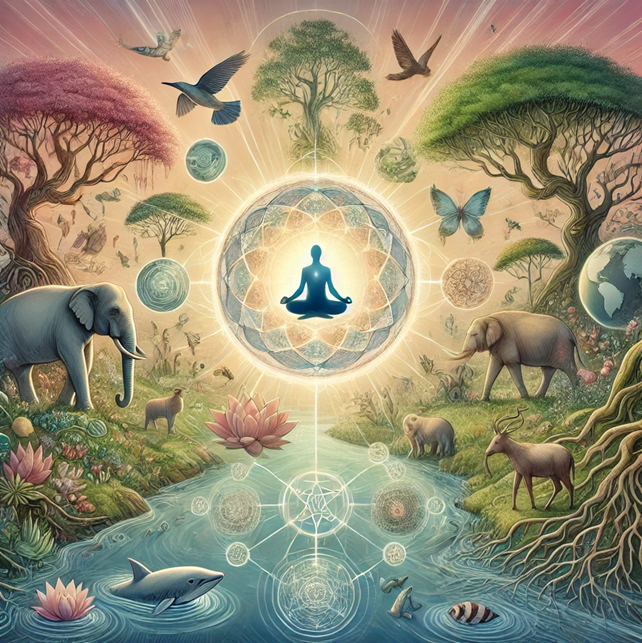



FREE PROGRAMS
LISTEN TO ONE OF OUR RECENT PODCASTS
Sign up now so you never miss a blog post, podcast,
or free event with Humanity's Team!


